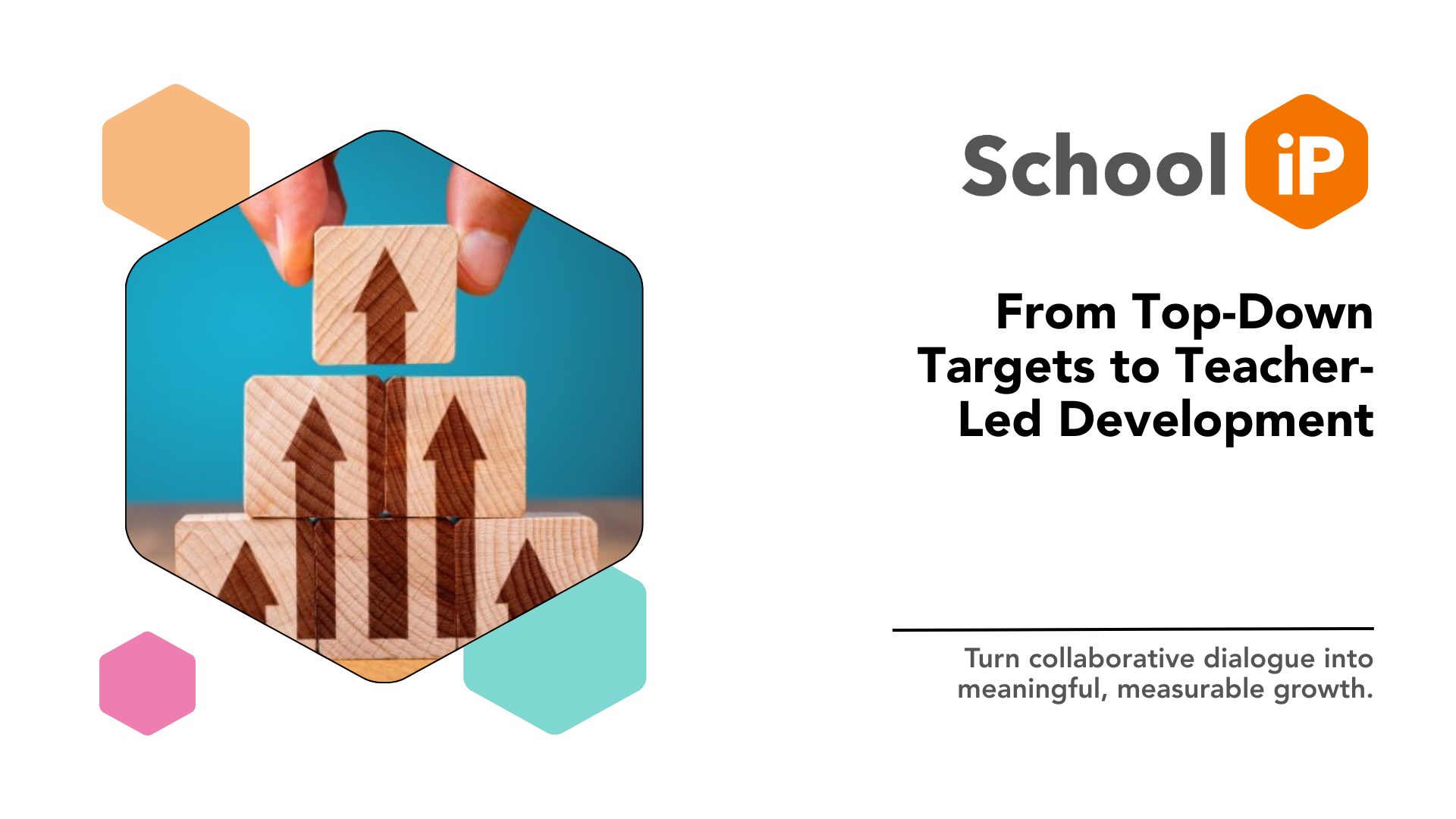From Top-Down Targets to Teacher-Led Development


“We never want to teach compliance, and for our staff as well, we don’t want to manage compliance either. It’s very much about collaboration.”
That mindset is central to the transformation at Billing Brook School, a special needs school in Northampton, where Nicola Holland has helped lead a cultural shift in how professional development is delivered and experienced. As she puts it, “It felt done to rather than done with… and sometimes the performance management targets that might be set, you might not be as invested in.”
Now, that top-down approach has been replaced by something far more reflective and collaborative.
Staff at Billing Brook are now paired with Professional Development Partners, a relationship that provides structure, support and, critically, trust.
“All of our professional development partners are allocated teachers… and then throughout the course of the year, those partnerships come together… much more regularly.”
Rather than setting objectives at the start of the year and revisiting them twelve months later, Nicola’s team meets often for reviews and reflection: “We check in, setting smaller actions… It’s constantly on our remit and it’s also in a lot of our conversations.”
Importantly, this is not a fixed, rigid model. “If, after a couple of terms, the staff are saying, ‘We’d set this as an outcome, but my journey has taken me down this other avenue,’ what can we do to reflect that?”
The transformation has had a real impact on new and experienced staff alike, particularly those new to special education.
“We created a programme not only to support our ECTs, but also now our ‘New to SEND’ staff. Although they’re very experienced teachers, there are elements that potentially their training just hasn’t covered.”
Staff are encouraged to reflect, adapt and take ownership of their journey: “They will come with ideas of what they want to work on. They will come to us and say, ‘Actually, this is something I really feel is important within my class group.’”
Every staff member has autonomy, they set their own objectives, gather reflections, and use their SchooliP dashboard to capture and celebrate growth. “Evidence is a strange word… it’s not about evidence in what they’re doing. It’s more about capturing the progress and capturing those successes.”
The move away from compliance wasn’t immediate. “I would say we’re probably about three or four years into it,” Nicola says. “It’s still a shift… but we’re seeing real change.”
It’s not just structural, it’s relational. “It’s about allowing growth to happen. It’s not a case of, just because we’re in leadership, that we’re the ones that will do the visits.”
And it’s about seeing professional development as a shared goal — something dynamic and supported. “It really does allow us to have that opportunity to empower our teachers.”
Or as Nicola puts it simply:
“It’s not a case of scrutiny or criticism… it’s about how we grow together.”
Throughout this transformation, SchooliP has played a central role in making development personal, flexible, and visible.
“Being able to use SchooliP to facilitate some of that has really helped.”
The platform is embedded in daily practice, from setting and reviewing objectives to supporting coaching conversations and lesson visits. “Staff can see their actions, their objectives… we can hold interim reviews, we can put in all of the successes they’ve achieved.”
Rather than being used for compliance or tracking, SchooliP is treated as a tool for growth and celebration.
“Evidence is not about proving, it’s about capturing progress… a forum to share and celebrate.”
It also helps Nicola and her team deliver tailored, SEND-specific mentoring and development pathways: “We’ve been able to work with SchooliP to say, ‘This is the format we’re running, how can the dashboard work for us?’”
With its flexibility, documentation tools and custom frameworks, SchooliP enables Billing Brook to support every teacher’s journey, from ECTs to experienced staff, all in one place.
“It allows all the pieces of the puzzle to really come together in a nice way.”